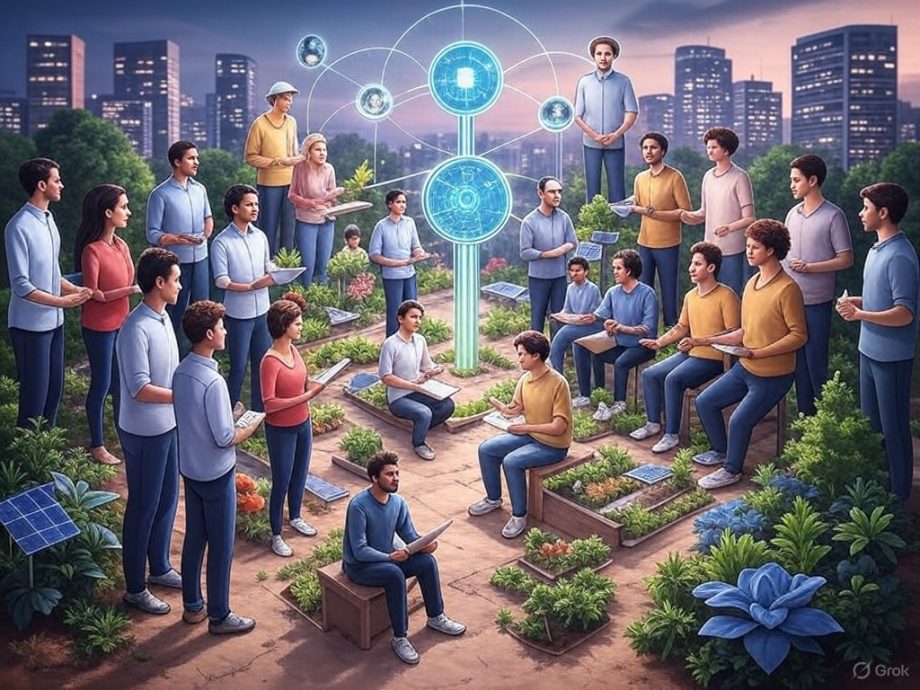
Introduction
Most people hear “decentralization” and think of crypto bros, NFTs, or blockchain speculation. But strip away the hype, and decentralization isn’t just a technological concept—it’s a philosophy that’s reshaping how power, trust, and value move in the world.
Here’s how decentralization is driving real-world change—beyond crypto.
1. Decentralized Identity (DID)
Imagine controlling your identity without relying on Facebook, Google, or government-issued IDs. Decentralized identity gives individuals ownership over their credentials—whether it’s a diploma, medical record, or professional certification.
🔐 Use case: Refugees accessing healthcare without papers
🧠 Impact: Empowering the unbanked and undocumented
2. Supply Chain Transparency
Blockchain and decentralized ledgers are being used to track goods from origin to destination—authenticating everything from diamonds to coffee beans.
☕ Use case: Farmers in Ethiopia proving their beans are fair trade
💡 Impact: Ethical sourcing, anti-counterfeiting, consumer trust
3. Decentralized Autonomous Organizations (DAOs)
DAOs are internet-native organizations governed by smart contracts and collective voting, not CEOs. They’re already funding art projects, investing in startups, and even owning real estate.
🧠 Real-world twist: A DAO tried to buy a copy of the U.S. Constitution
🎯 Takeaway: Governance is no longer limited to governments
4. Peer-to-Peer Finance (Without Banks)
DeFi (Decentralized Finance) goes beyond speculation. It allows people to lend, borrow, insure, and save—without a traditional bank.
🌍 Use case: Individuals in Venezuela accessing USD-stable assets
💡 Impact: Financial inclusion in collapsed economies
5. Censorship Resistance and Data Sovereignty
In countries with authoritarian regimes, decentralized platforms offer a lifeline for free speech, journalism, and activism.
🗣️ Use case: Journalists publishing uncensored news via IPFS (InterPlanetary File System)
🔥 Impact: Protecting truth in regions where it’s dangerous to speak it
Conclusion
Decentralization isn’t just about cryptocurrency. It’s about rethinking trust—from institutions to individuals. As the world becomes increasingly digital, decentralized systems offer a pathway to resilience, equity, and empowerment.
🚀 Takeaway: The future isn’t centralized. It’s shared.

